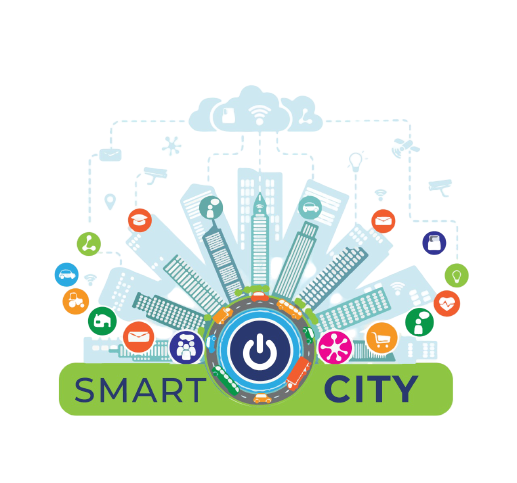What makes a small city in to smart city?
City having;
The smart city mainly focused on the peoples need and services that they required. So smart city means safe, healthy, educated and creative people in the process of making the inclusive society.
The basic need for the smart city is smart infrastructures. Smart Infrastructures comprise several operators from different domains of activity, such as energy, public transport, and public safety. They deploy and operate “cyber-physical systems”, that are data-controlled equipment which interact with the physical world.

In the smart city, there should be smart governance for the equal services and decision process to people. Proper use of ICT in the process of governance is called the smart governance.
The smart economy signs towards the sustainable production and job creation. Using the creative mind for job creation with the help of ICT to improve the productivity called the smart economy.